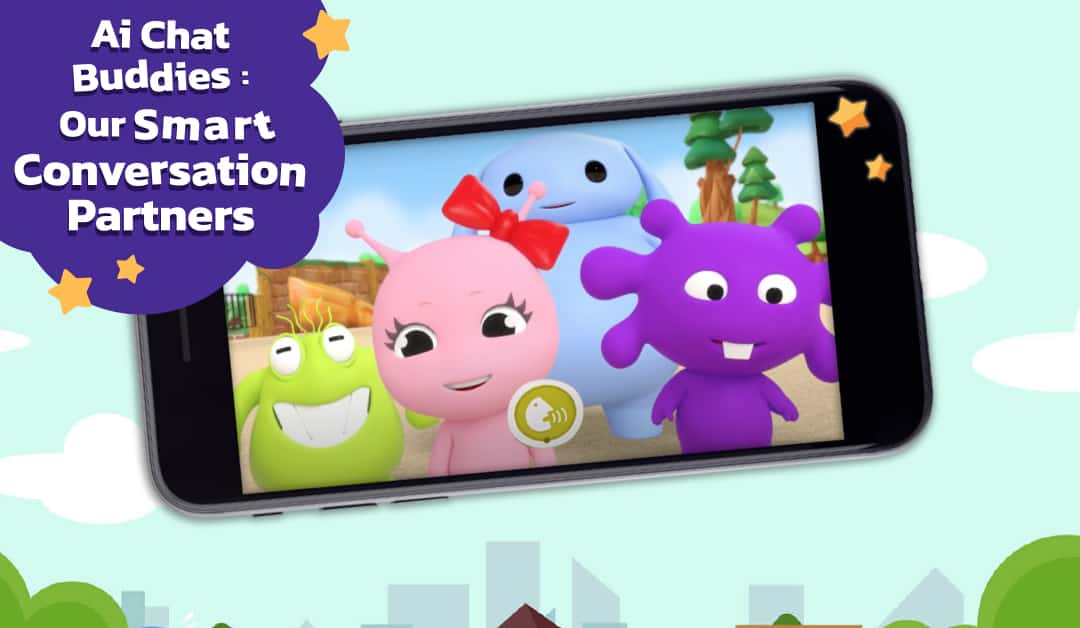For so many parents, teaching children practical life skills—how to ride a bike, how to follow directions, how to respect others—often unintentionally takes precedence over creative thinking skills. But fostering creativity in our kids is critical, too. A child who is used to thinking creatively can more easily problem-solve than a child who follows a rigid protocol when searching for a solution to a problem. So what can a parent do to foster their child’s creativity? Here are a few fun tips:
- When your child asks for help solving a problem—whether it’s something concrete like a tough homework assignment or more general like how to be a good friend—don’t immediately gratify by answering. Instead, ask your child what he or she thinks, and applaud all ideas, especially ones that are unexpected and outside the box.

- Ask your child to imagine what it would be like to have a superpower: “If you could be invisible for a day, what would you do?
- Ask your child to solve a family problem—i.e. “The living room is constantly messy. What should we do about it?” This makes them feel important, creates space for their own creative problem solving, and allows opportunity for them to contribute to the family.

- Go for a walk and encourage your child to collect rocks, twigs, flowers, and other items in nature. When you get back home, make up a story about the items you collected together.
- Give your child a drawing prompt: “If you could invent something that would make life easier for people, what would you invent? What would it look like, and what would it do?”

- Always praise your child’s effort—not the result. “I’m so proud of you for studying so hard for that test. I know you spent a really long time on it.” Motivating children to use their minds for learning and solving problems makes a lasting impression—much more lasting than whatever mark he or she receives on a test.
And, maybe most importantly, always remember if your child feels badly after failing at something, don’t immediately tell him or her that it doesn’t matter. Instead, ask questions: “Why do you think you didn’t get a better score on the test?” This will give him or her a chance to think creatively about the experience so he or she can do better at the next thing. By building a strong foundation of creativity and critical thinking skills, you are preparing them to be resourceful and well equipped for the challenges life will offer.



